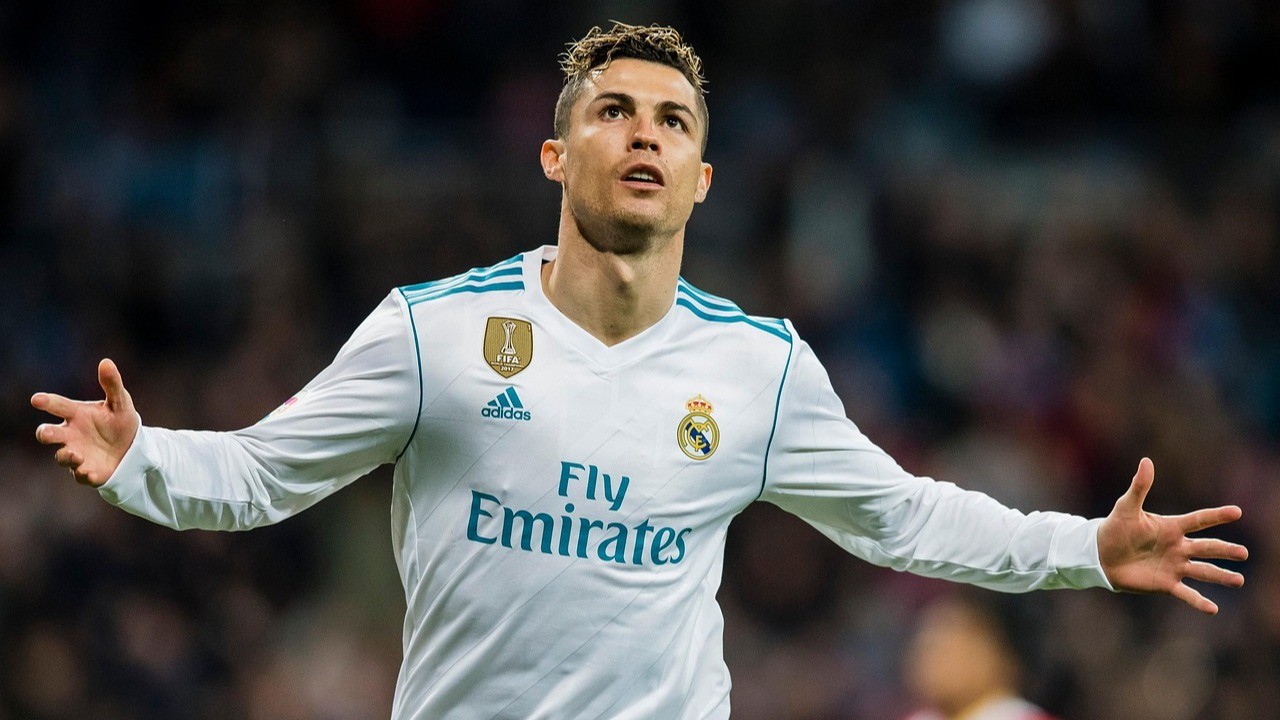The visa lottery system
Talent is globally distributed, but opportunity isn’t. A gifted athlete from Sub-Saharan Africa faces bureaucratic obstacles that would challenge Fortune 500 executives. P-1A visa processing takes 3-6 months standard, with premium processing costing $2,805 for 15-day guarantee. Filing fees range from $460-$2,580 depending on visa type.
These aren’t just administrative hurdles - they’re career killers. Training cycles don’t pause for paperwork, and competitive seasons have fixed deadlines. An athlete who misses crucial development windows due to visa delays may never recover that time.
Sub-Saharan Africa represents 13% of global population but only 6% of Olympic athletes.
The geography of athletic success
Research reveals optimal population sizes for athletic development: communities of 50,000-99,999 produce disproportionate numbers of professional athletes. Australia exemplifies efficient systems, producing 1 medal per 570,000 citizens compared to the USA’s 1 medal per 3.5 million citizens.
But success isn’t just about population efficiency - it’s about systematic support. The IOC generated $7.6 billion in the 2017-2021 cycle, with Olympic Solidarity budget increasing from $590 million (2021-2024) to $650 million (2025-2028). Yet funding distribution remains uneven.
Breakthrough success stories
The Refugee Olympic Team grew from 10 athletes (2016) to 37 athletes (2024), demonstrating potential when barriers are removed. Paris 2024 saw 75 medals won by Olympic Solidarity scholarship holders, while South Sudan - the world’s youngest nation - fielded its first Olympic team.
These successes prove talent exists globally; systematic support makes the difference.
Technology as the great equalizer
Blockchain technology could revolutionize international talent development by:
- Eliminating geographic investment barriers
- Creating transparent, auditable funding flows
- Enabling micro-investments from global fan bases
- Automating performance-based rewards
- Reducing administrative overhead
A promising athlete in Kenya could receive micro-investments from supporters worldwide, tracked transparently on blockchain, with automated payments based on verifiable performance metrics.
Market opportunity analysis
Olympic Solidarity reached 195 NOCs for Paris 2024, indicating global infrastructure for talent identification exists. The challenge is sustainable funding mechanisms that don’t depend solely on government or IOC resources.
Web3 technology enables new models:
- Global crowdfunding for emerging athletes
- Performance-based token economics
- Cross-border investment without traditional banking barriers
- Transparent impact tracking
- Community-driven athlete support
Quick intelligence
- Global Inequality : Sub-Saharan Africa 13% of population, 6% of Olympic athletes
- Bureaucratic Barriers : P-1A visas cost up to $2,805 with 3-6 month processing
- Efficiency Gaps : Australia 1 medal per 570K citizens vs USA 1 per 3.5M
- Growing Success : Transparent impact tracking
- Infrastructure Exists : Olympic Solidarity supports 195 NOCs globally
Professional development: International talent evaluation
Scouts and agents operating internationally need understanding of visa processes, cultural considerations, and funding mechanisms. The ability to identify talent in underserved markets and navigate international development pathways creates competitive advantages.
Tokenization enables global investment in local talent, creating opportunities for professionals who can bridge international athletic communities with digital investment platforms.
Learn more?
Exploring international talent development opportunities?
Join our network of global sports professionals at community.plyaz.co.uk


